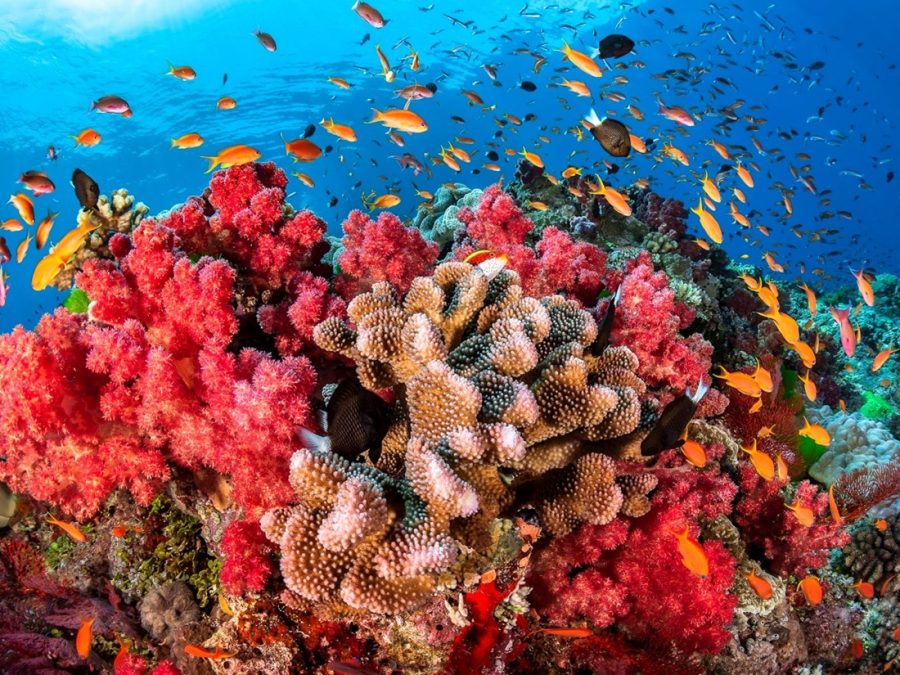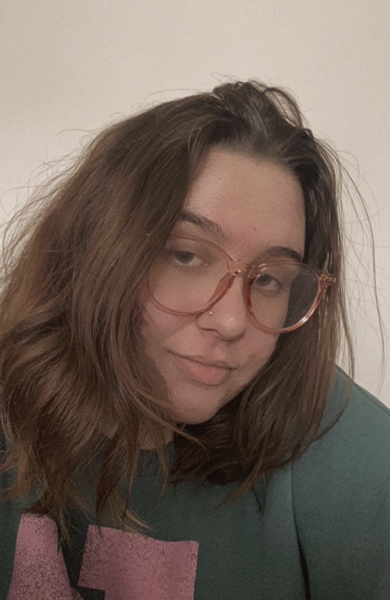Our Planet, Our Home, Our Oceans; How Can We Help
https://www.nationalgeographic.com/science/article/scientists-work-to-save-coral-reefs-climate-change-marine-parks
March 10, 2023
Erie, Pa, February 21, 2023—Having a difficult time in my personal life right now means I cannot watch any romantic comedies or any TV shows that have even the slightest bit of romance in them, which is what I normally watch religiously.
So, what do I do when I want to watch some TV?
I have been watching a ton of ocean documentaries on Netflix. Despite being terrified of the ocean-ironic right?
I started off with this adorable documentary that follows the life of a reef puffer fish, named Puff of course.
After watching the nail-biting life of Puff, I decided to watch “Seaspiricy,” which follows Ali Tabrizi, a British filmmaker.
The documentary started with Ali taking notice of whale hunting resurfacing, and the plastic issues.
Opening the door and looking at why people were hunting whales; this led to a whole other bunch of things that are happening without people knowing.
Some of the things that Ali found, was that not only were whales being hunted but dolphins were too. Sharks were finned and thrown back into the ocean, more than most people thought.
Overfishing is certainly part of the problem as to why our oceans are dying.
The label of “Dolphin Safe” does not guarantee that it truly is dolphin safe. The documentary shows that the observers who sign off on the stamp are easily bribed and not even be on the boat most times
In the pacific garbage patch, it mostly consists of fishing nets, then plastic.
Clearly plastic is not the biggest worry-though switching to reusable items instead of using one-time plastic use is certainly good.
Overfishing causes the food chain to become unbalanced. When predators are over-fished, or finned, their prey overpopulates, which causes their prey to decrease in number, which then causes another predator that overpopulated to die off.
The balance of the ocean is in shambles due to overfishing and the wrongful fishing of whales, dolphins, and sharks.
Farm fishing is no better. Salmon kept in captivity, bred purely for consumption are found to be in a terrible state. Natural salmon is not supposed to be that pink of a color.
There is a simple solution; but most do not want to hear it.
Stop eating fish.
Or at the very least, do not eat as many fish.
Factory fishing would decrease, and the ocean would be able to rebalance itself.
Now it is no surprise that global warming/climate change and plastic is what is also contributing to the death of our ocean; but overfishing has increased so much in such a short amount of time that that is what requires a lot of attention.
I strongly recommend watching “Seaspircy” on Netflix. It opened my eyes to so many more issues than I thought there were.
I was not in denial about finning or fishing of whales and dolphins; of course, I knew about it. But what I did not know is the game it is, or the severity of it.
Truthfully, this documentary shook me to my core — realizing that everything mentioned in the documentary was strictly the beginning. Knowing that if our ocean dies, humans will go soon after is a scary thought.
Changes must be made. The typical response of “I am only one person; I won’t make a difference.” It is outdated at this point.
Yes, you are one person. But it starts with one person. It starts with someone taking a stand, making changes in their life, encouraging others to as well. If every one person thought like that but decided to make the changes in their life, our oceans, our planet, our home could be in better condition than it is.
I no longer eat the already extremely limited amount of seafood. I limit my use of single use plastic. I try to use as little electricity as I can as a college student. I reuse objects that can get more than one use out of them.
Doing as much as you can, with the resources you have, no matter how small or how little. It is a start. It is something being done to help save our only planet, our only ocean, our only home.






